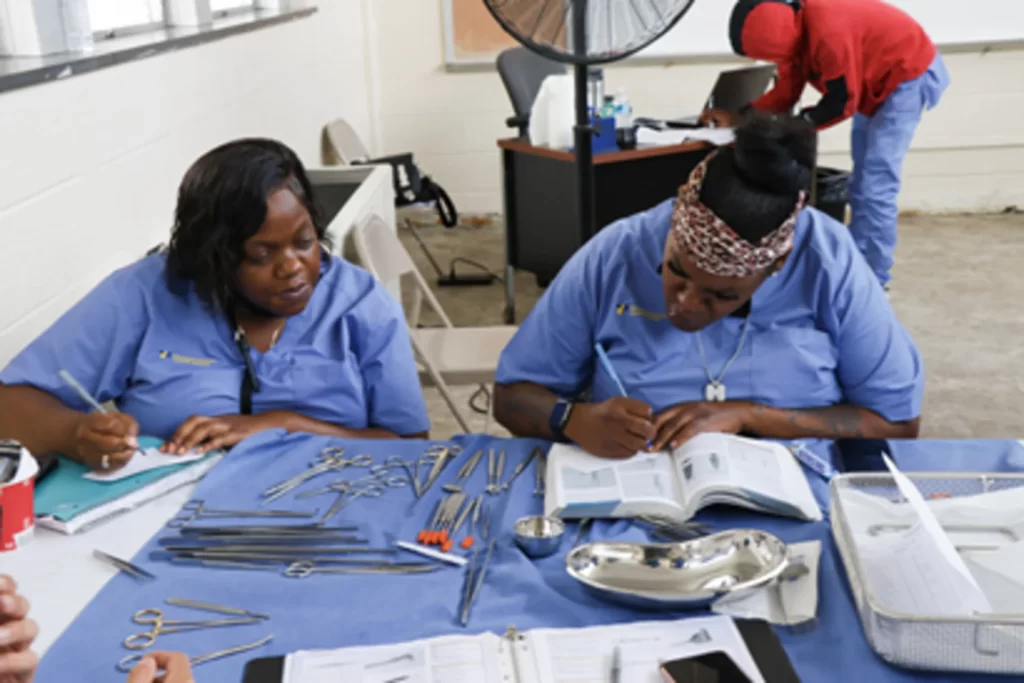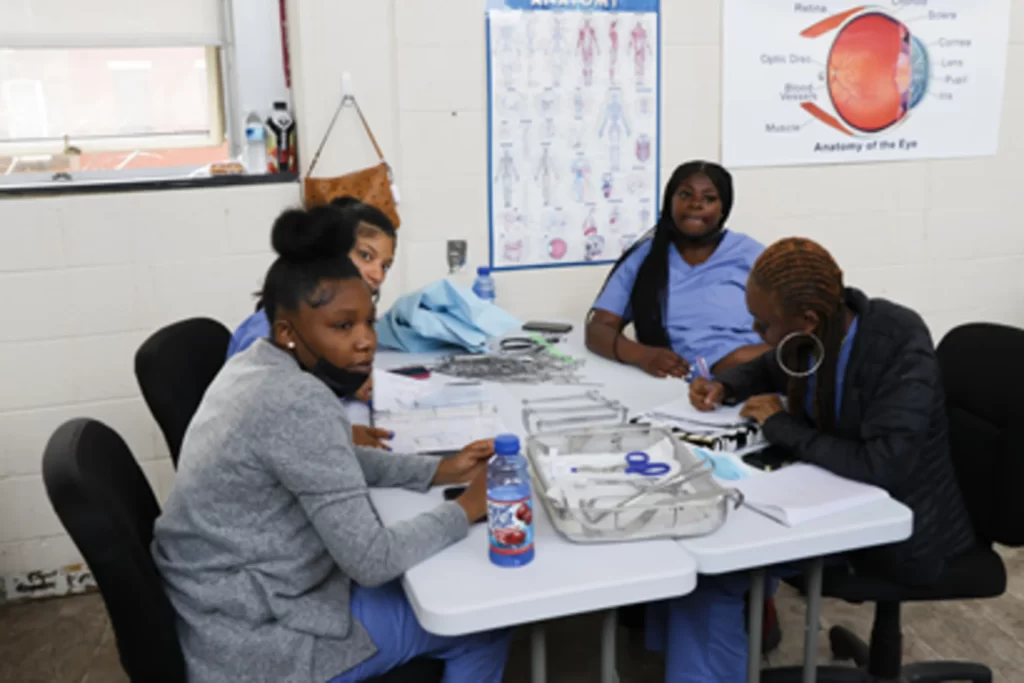Sterile processing is a critical aspect of modern healthcare delivery, ensuring that medical instruments and equipment are thoroughly cleaned and sterilized to prevent the spread of infections. As such, sterile processing professionals must have the requisite knowledge and skills to perform their duties effectively and efficiently. Hard skills, in particular, play a crucial role in this field, as they are the technical abilities and knowledge necessary to carry out the specific tasks associated with sterile processing.
Hard skills in sterile processing can be broadly categorized into three main areas: technical skills, equipment skills, and knowledge skills.
It refers to the practical abilities required to perform the day-to-day tasks associated with sterile processing. These skills include inspecting, cleaning, decontaminating, and sterilizing medical instruments and equipment. In addition, sterile processing technicians must be proficient in using various cleaning agents, sterilization methods, and quality control procedures to ensure that instruments and equipment are processed effectively and meet the necessary standards for patient safety.
It refers to the ability to operate and maintain the specialized equipment used in sterile processing, including autoclaves, sterilizers, and other related tools. Sterile processing professionals must be able to troubleshoot equipment problems, perform routine maintenance, and ensure all equipment is calibrated and functioning correctly.

It refers to the theoretical knowledge and understanding necessary to perform sterile processing tasks effectively. This includes understanding infection control principles, sterilization methods, microbiology, and other subjects. In addition, sterile processing technicians must be familiar with the latest industry standards and regulations to ensure that they follow best practices and maintain a safe and sterile environment.
In the sterile processing industry, hard skills are essential for several reasons. First, they ensure that medical instruments and equipment are processed effectively, which is critical for patient safety. Improperly processed instruments can spread infections and have severe patient consequences. To lower the risk of infections and increase patient safety, hard skills must be used to guarantee that equipment is thoroughly cleaned and sterilized.
Second, hard skills are necessary to guarantee the efficacy and efficiency of the workflow for sterile processing. Healthcare facilities can handle tools and equipment more quickly and precisely, decreasing downtime and boosting the availability of essential medical equipment by employing informed and trained workers.
Third, hard skills are essential for adhering to industry norms and rules. The sterile processing sector is heavily regulated to protect patient safety, with tight rules dictating how instruments and equipment must be handled. Sterile processing technicians must have the hard skills to comply with these regulations and meet the standards required for accreditation and certification.
To be successful in the sterile processing industry, professionals must possess a range of hard skills. These skills include the ability to:
Infection control is critical to the sterile processing job, and professionals must thoroughly understand the principles involved. Microbiology, the kinds of pathogens that medical devices may transfer, and the best practices for infection control are all included in this.
Professionals in the field of sterile processing must be adept at using the specialized tools available. This comprises autoclaves, sterilizers, and other cleaning and sterilization equipment and tools for medical supplies.
Sterile processors should identify several types of medical equipment and understand how they should be cleaned and sterilized. This requires a keen eye for detail and working with numerous instruments.
Effective cleaning and decontaminating medical instruments and equipment is a crucial hard skill for sterile processing professionals. This involves using various cleaning agents and techniques to remove contaminants and prepare instruments for sterilization.

Technicians in sterile processing must be knowledgeable about various sterilization methods, such as steam sterilization, ethylene oxide sterilization, and hydrogen peroxide sterilization. They must be able to select the best methodology for various medical tools and comprehend the advantages and disadvantages of each strategy.
Sterile techs must know the different medical instruments used in healthcare settings. They need to understand how each instrument is used, how it should be cleaned, and how it should be sterilized.
Sterile technicians must deeply understand infection control principles and practices. They need to be familiar with regulations and guidelines related to infection control, and they must follow strict procedures to ensure that instruments are properly cleaned and sterilized.
In conclusion, hard skills are essential for success in the sterile processing industry. Sterile processing technicians must possess a wide range of technical skills and knowledge to effectively perform their job duties and prevent the spread of infections in healthcare settings.
Read More